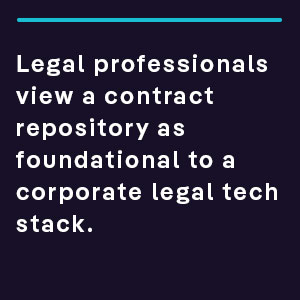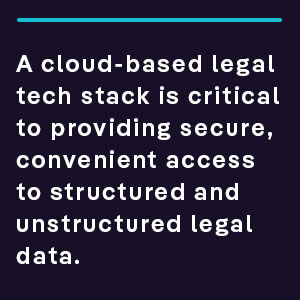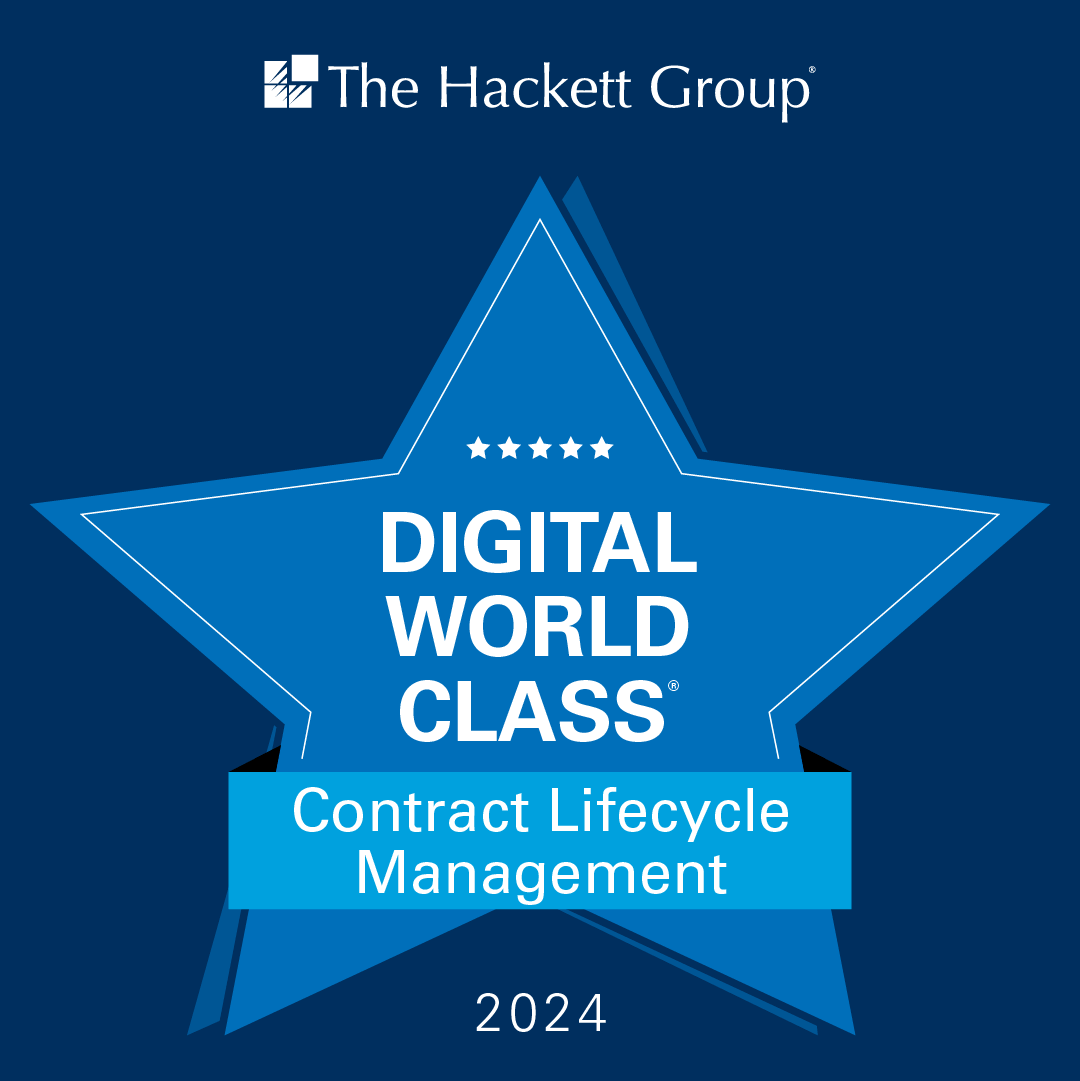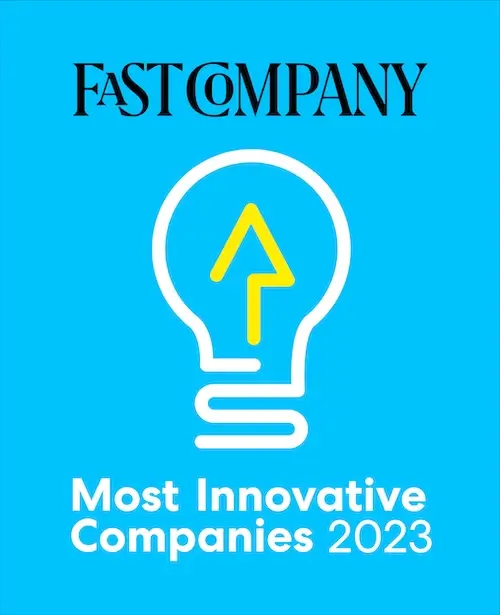When legal professionals think of a legal technology stack, time-recording and billing software are what first come to mind. But these days, it’s so much more than that. Corporate legal departments have a wide variety of needs that cannot be addressed by generic business applications. Platforms that offer technology integration to in-house legal could not be more important, then. A cloud-based legal tech stack, for instance, is critical to providing secure, convenient access to structured and unstructured legal data.
Of course, there is a broad spectrum of business functions that a legal-tech stack can facilitate. This is true whether legal practitioners operate within a commercial or public sector organization.
Below are seven components of a legal tech stack, along with their strategic digital transformation benefits. But it is important to note that as powerful as each of these components are, none is as effective in isolation as it is when combined with others to form a comprehensive contract management software solution. In many cases, these business applications will overlap with — and, indeed, complement — each other.
1. Smart, Searchable Contract Repository
Generally, legal professionals view a contract repository as foundational to a corporate legal tech stack. Easy access to active and archived agreements helps in-house counsel understand their company’s current responsibilities to their customers, partners, suppliers, and employees. Further, the ability to search documents by their metadata or content helps legal teams find out when clauses were used before in particular contracts — and if they were problematic during the contract term. In other words, a smart repository is a critical part of any organization’s corporate memory.
2. AI-Powered Contract Authoring, Assembly, and Review Tools
Secondly, in-house legal teams appreciate tools that can help them minimize risk. That is because writing contracts from scratch is not only time-consuming, but also allows errors and risks to creep in. An AI-driven, self-service contract authoring desk leverages approved agreement templates and vetted terms. This limits variabilities, making it much more likely that standard approved terms will be used — and nothing will be missed inadvertently.
For example, those who pursue government or regulated industry contracts can use this technology to better handle RFP reviews. When pursuing an opportunity, they can easily identify potentially problematic terms or conditions. They can use auto-review, in particular, to ensure that any terms being signed up to are consistent with organizations’ agreed positions.
3. Intellectual Property Portfolio Management
Intellectual property (IP) is valuable to companies in all industry verticals, such as manufacturing, high tech, and media and entertainment. But having a single-source-of truth repository, for assets like patents and trademarks, makes protecting your IP so much easier. With information at your fingertips, you can be sure that renewals take place — and avoid having to trawl through multiple sources of data.
And, of course, IP records can also be scanned and run through OCR and metadata profiling processes, so that they can be discovered when required and kept for as long as they are needed — even if they are not in Word format.
4. Dynamic Workflow
Nearly all businesses have chains of approval and predefined processes that need to be followed, be it for regulatory compliance purposes, or to mitigate risk and increase efficiency. Fortunately, automation for contract approvals streamlines such workflows, increasing the productivity of corporate legal services teams.
More specifically, a dynamic workflow engine helps legal analysts design digital workflow patterns against real-world processes. Further, it enables legal managers to take proactive action if process bottlenecks occur when a key stakeholder is on PTO or when corporate reorganizations happen, and for easier legal technology integration.
5. Regulatory Compliance
Regulated industries, such as utilities, life sciences, and financial services, have unique regulatory policies and practices that they must follow. There are also cross-industry regulations, such as GDPR, PCI, and 21 CFR Part 11, which companies must be on top of at all times.
Accordingly, a repository of these industry requirements — along with an organization’s own policies relating to these compliance requirements — is critical to building efficiencies into compliance-related legal research, and producing and storing reports and records.
6. AI-Powered Analytics and Big Data
Increasingly, data analytics and science serve as vital functions within the practice of law. So, it makes sense that legal tech stacks include a powerful, AI-powered analytics function, and have options for creating dashboards and reports. Such intelligence helps general counsels (GCs) make important data-driven decisions concerning everything from balancing resourcing to assisting with M&A reviews.
In addition, many businesses do not have clear visibility into their ongoing contractual obligations. A predictive, real-time analytics engine provides this sort of critical awareness to in-house legal. It ensures companies do not suffer the penalties tied to under-or non-performance on contract terms.
7. Custom Legal Application Development
Finally, the most typical legal teams require custom applications, which are purpose-built to the functions they need to carry out. No- or low-code platforms, for instance, are valuable tools for legal departments. They help in-house legal teams create powerful applications and CLMs in just hours. That is instead of waiting for their technical counterparts to finish complex projects for other internal or external users.
Naturally, buying all of these components individually and connecting them all manually is costly, time-consuming — and unlikely to help you reach your stated goals. The good news, though, is that the ContractPodAi Cloud platform offers unmatched legal technology integration, functionality, and speed-to-value to in-house legal and other teams.
For more information about how to choose a contract management solution, check out our whitepaper.










